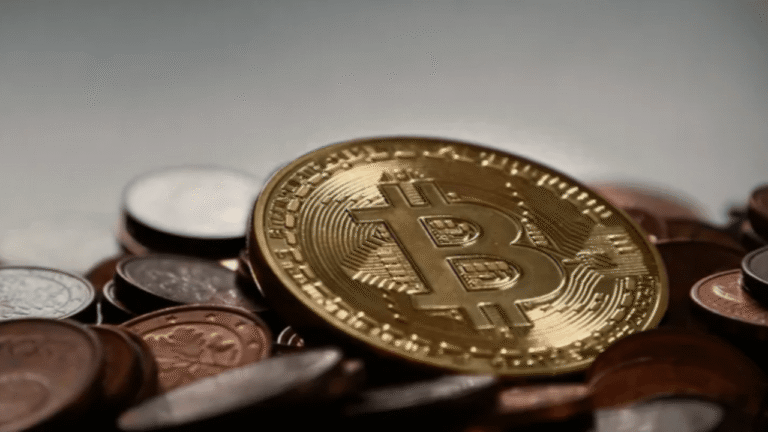Bitcoin for Reserve Diversification The Czech National Bank (CNB) is considering adding Bitcoin to its foreign exchange reserves. This unexpected move might indicate further mainstream adoption of cryptocurrencies within conventional financial systems. CNB Governor Aleš Michl’s decision demonstrates an increasing desire for central banks. The globe must broaden its investment strategies beyond traditional assets such as government bonds and gold.
CNB Considers Bitcoin for Strategic Reserves
The latest remarks made by Governor Aleš Michl are in line with the worldwide trend. That sees cryptocurrencies as more than speculative investments; they might be used as strategic reserves. Michl announced his intention to diversify. The bank’s holdings may be based on purchasing “a few Bitcoins” in an interview with CNN Prima News. He quickly clarified that no substantial money would be required, highlighting the importance of exercising caution when handling this new asset class. This caution stems from the unpredictable nature of cryptocurrency prices, which presents advantages and disadvantages for monetary security (despite Bitcoin’s annual return of 131% compared to gold’s 30%).
To add Bitcoin to the reserves, the seven-member CNB board must provide its approval. Although no concrete plans exist to acquire Bitcoin, the topic is still under discussion. This could potentially lead to a future policy change if Bitcoin proves to be a reliable and valuable reserve asset. As part of a larger strategy, the CNB is trying to balance traditional and digital assets by increasing its gold holdings to approximately 5% of its total assets by 2028. This discussion is merely a single aspect of the overall strategy.
Bitcoin is just one of several topics the CNB is considering. X posts have highlighted this change, highlighting the worldwide trend of central banks rethinking the definition of a “safe” reserve asset. According to Anndy Lian, a blockchain expert with experience working with multilateral organizations, more nations taking this approach would significantly rethink financial asset security, which might pave the way for more decentralized and digital methods of achieving economic stability.
The Czech Republic ends the crypto tax on long-term holdings

This announcement coincides with recent legislative changes in the Czech Republic that, beginning in January 2025, will remove the capital gains tax from long-term cryptocurrency holdings, including Bitcoin for Reserve Diversification. This legislative action could further promote the adoption and investment in cryptocurrencies within the country by eliminating the tax on assets held for more than three years. Holders stand to benefit from this change. These policies indicate a favorable climate for cryptocurrencies, which could give the CNB more confidence to experiment with Bitcoin.
Other nations worldwide share this enthusiasm for Bitcoin to diversify reserve positions. For instance, Senator Cynthia Lummis of Wyoming has been an outspoken supporter of legislation establishing a strategic Bitcoin reserve in the US, known as the Bitcoin Act. This idea has been gaining support because of recent political shifts, which raise the prospect that Bitcoin may become an essential part of national reserves, which might significantly impact its market value. Adam Back and other analysts believe that Bitcoin might reach $1 million if U.S. politicians approve it, thanks to the desire from institutions and governments.
Bitcoin’s place in government reserves is debated
However, many are against adding Bitcoin to government reserves. One threat to central banks’ goal of financial stability is Bitcoin’s volatility. Although digital currency has excellent profit potential, its detractors say its volatility might cause widespread financial instability if handled improperly. From this vantage point, it’s clear that we need a more sophisticated strategy in which Bitcoin is considered more a complement to traditional reserves like gold than a replacement for them.
Coincident with a more significant trend, the Czech National Bank is considering Bitcoin. Digital currencies are moving from the financial margins to the centre of discussions on reserve management. In a future where the world’s economies are more interdependent and digital, this change could cause central banks to become guarantors of traditional and digital assets, protecting their countries’ wealth against inflation and currency depreciation.
Final Thoughts
This is a watershed event in the history of central banking and cryptocurrencies, even though the CNB has no immediate intentions to invest in Bitcoin. It indicates a changing financial environment where digital assets may soon influence national economic policies, which could alter the international monetary system. Everyone is waiting to see if Bitcoin will transform into a new “safe” reserve asset or stay on the periphery of traditional finance as a speculative investment.


